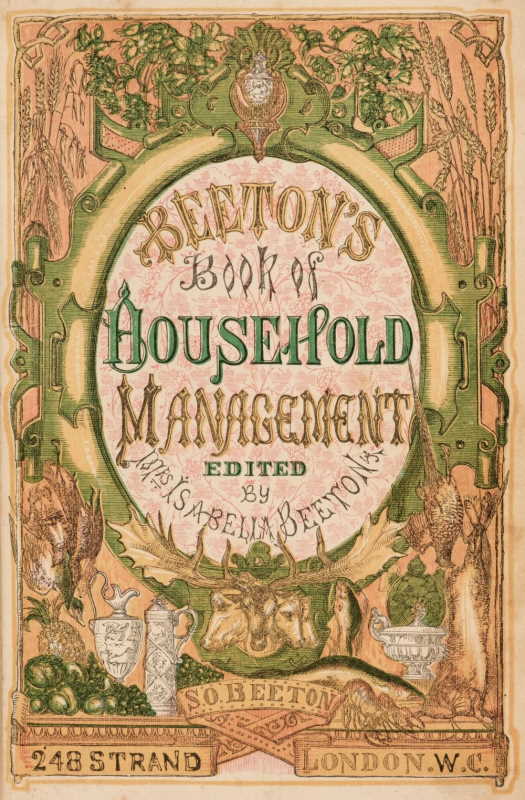In 1861, in spite of the part of the US Constitution requiring separation of government and religion, some religious leaders — including the Reverend Mark Watkinson of Pennsylvania — tried to convince the government that the nation’s official currency ought to include a religious statement. The US Civil War had begun and this was in order to show that God had taken sides in the war and favored the North. The South, of course, thought exactly the same thing, just in reverse. They came up with the phrase In God We Trust, which was to replace the motto E Pluribus Unum (Latin for “out of many, one”).
It’s very difficult to make a rational argument against a contention that openly claims to be a religious principle; this has been understood for thousands of years, and was explained by Aristotle in his work on rhetoric. Loosely translated from the original Greek, his advice was “when two people are arguing, and only one of them thinks they’re arguing about religion, the other’s best bet is to point into the distance and say ‘hey look, is that Plato over there? Let’s go see if he has any of that excellent beer left.”
Anyway, it wasn’t long before coins carried the phrase In God We Trust. But it wasn’t consistent; the phrase wasn’t included on all coins, and it wasn’t used at all in paper money. Until October first. I don’t mean today. And I don’t mean October 1, 1861, either. It wasn’t until October 1, 1957 that US paper currency included the phrase. And just guess why? It’s because the Cold War had begun and some religious leaders — including congressman Edward Bennett of Florida — tried to convince the government that the nation’s official currency ought to include a religious statement to show that God had taken sides in the war and favored the US over the USSR.
Now, if you ignore the inconvenient timing that would make this next bit unlikely, imagine that the Reverend Mark Watkins of 1861 Pennsylvania wanted to visit Edward Bennett in 1957 Florida. He’d start his road trip on the Pennsylvania Turnpike, the first superhighway in the US, which opened on October 1, 1940. And he’d pay a toll using money carrying what’s now the official motto of the US, In God We Trust. The Pennsylvania Turnpike being a superhighway, he’d want a car faster than a Ford Model T — which first went on sale on October 1, 1908. Then when he got to Florida, he might be interested in visiting Disney World, which opened on October 1, 1971, and where he’d need a lot more of that money we were just talking about. Part of his visit might include Epcot, which opened eleven years later, again on October 1.
In spite of Aristotle’s advice, some people have argued, and still do, that the government shouldn’t use the phrase In God We Trust because it’s unconstitutional. The argument is partially about free speech, too. Arguments like these are generally hopeless (see that bit about Aristotle, above) in spite of free speech being an explicit part of the constitution. Even so, it’s good to have from time to time, like the Free Speech Movement launched in Berkeley, CA on October 1, 1964. It was quite an extended protest, but didn’t shut down all college activities — Berkeley still played their annual football game against Stanford, which had been founded on October 1, 1891. The protest had to do with the ban on political speech on campus — and since, following Aristotle, any speech is political if somebody complains about it, the ban amounted to freeform censorship.
When you’ve got free speech, though, some people are going to object to what other people say and how they say it, and sometimes things get a bit out of hand. This isn’t just a recent development, either — recall, if you will, October 1, 1910, when the Los Angeles Times building was blown up and completely destroyed. In the interest of transparency, though, the bombing was actually about the labor movement, not a protest against anything the Times had published.
Given all the arguments in the world — about just about anything, it seems — maybe the best course of action is to just stay home. Not that anything about just staying home is easy, of course. There’s housekeeping to be done, neatening up, doing the laundry, arranging the daily menu, cooking…you practically need an instruction manual. Luckily, since October 1, 1861 — just as folks in the US were arguing about slavery, religion, and national mottos — Isabella Beeton published Mrs. Beeton’s Book of Household Management.
The book was an enormous success, and has stayed in print ever since. For a mere fifteen one-dollar bills — which, if you check, all say In God We Trust on the back — you can have your own set of instructions for everything from how to present fish on a dinner plate to…well, the original title of the book explains in detail what it can help with. The first title was:
The Book of Household Management, comprising information for the Mistress, Housekeeper, Cook, Kitchen-Maid, Butler, Footman, Coachman, Valet, Upper and Under House-Maids, Lady’s-Maid, Maid-of-all-Work, Laundry-Maid, Nurse and Nurse-Maid, Monthly Wet and Sick Nurses, etc. etc.—also Sanitary, Medical, & Legal Memoranda: with a History of the Origin, Properties, and Uses of all Things Connected with Home Life and Comfort.
I mean, come on, who could argue about any of that?

